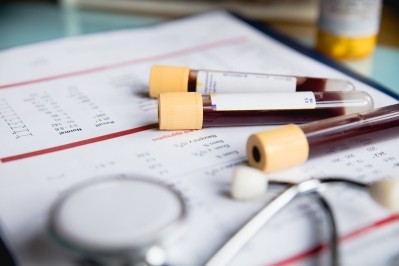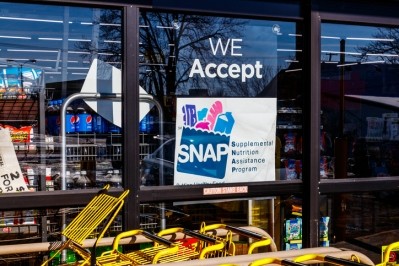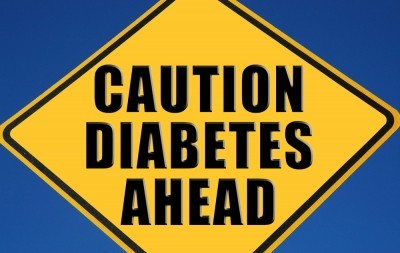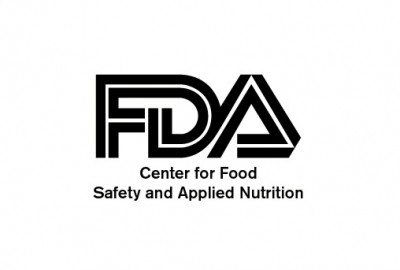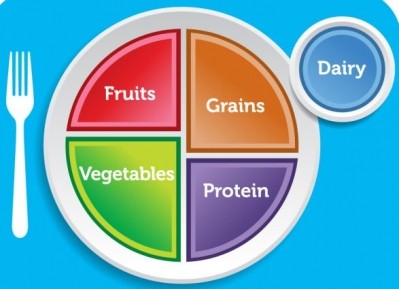Public Health
Spotlight
Follow us
Products
View moreWebinars
Featured Suppliers
All- Catalent Consumer Health
- Confidence USA
- DolCas Biotech, LLC.
- Ecuadorian Rainforest: Ingredients From South America & Beyond
- Fruit d'Or
- Funtrition®
- GC Rieber VivoMega™
- Gemini Pharmaceuticals, Inc
- IGY Life Sciences
- Ingredia SA
- Kaneka Nutrients – Manufacturer and Supplier of Kaneka Ubiquinol®
- Karallief® Inc
- Kemin Human Nutrition and Health
- Natural Alternatives International
- Natural Remedies Private Limited
- OmniActive Health Technologies
- Pharma Foods International Co., Ltd.
- PLT Health Solutions
- SR CarnoSyn®
- VeCollal®
- Verb Biotics
